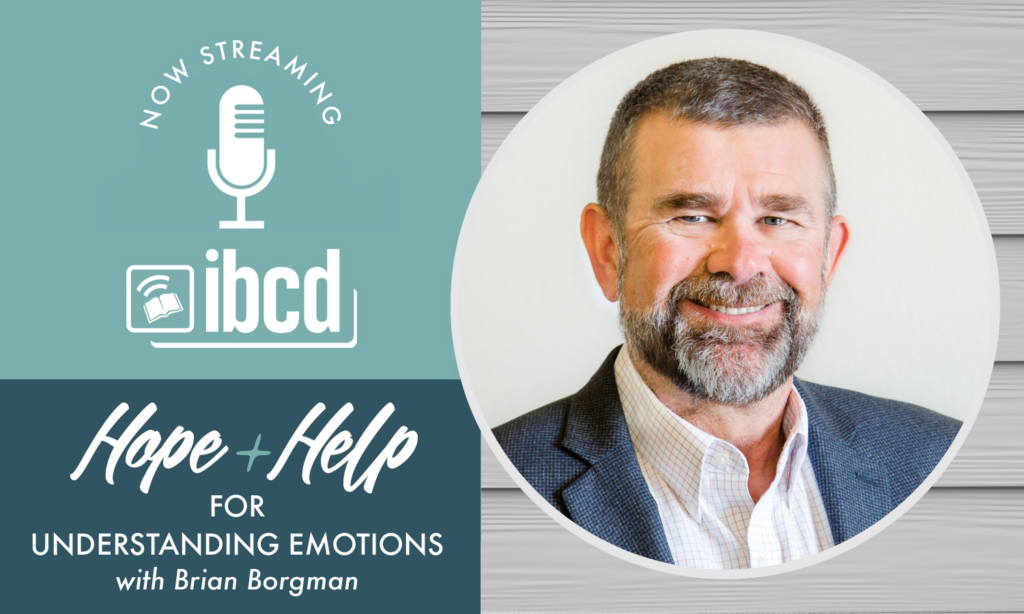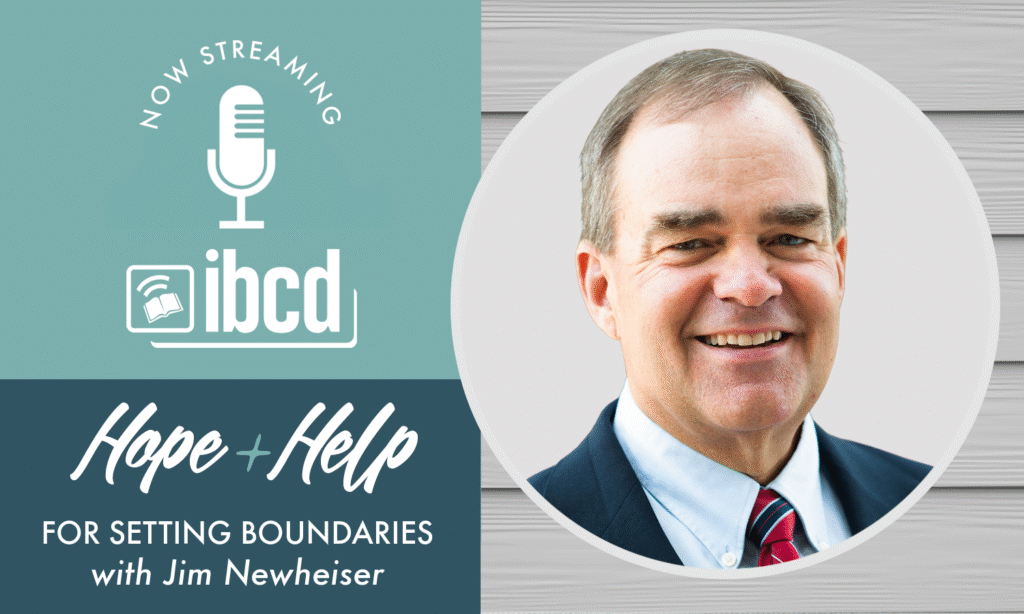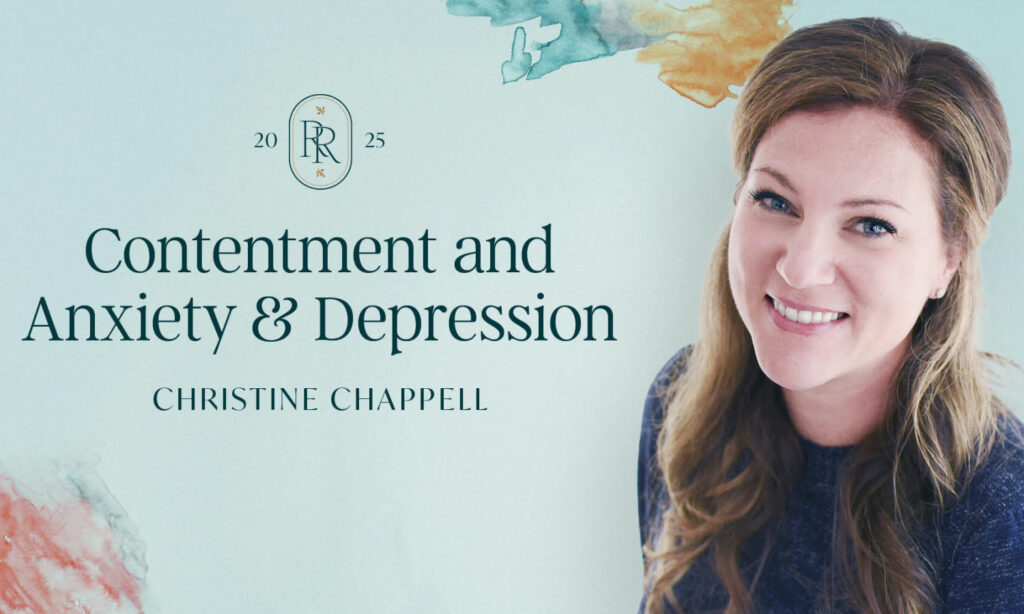What comprises a biblical view of sorrow? Perhaps some of the Scriptures that come to mind in soul care ministry are Paul’s references to worldly and godly sorrow in 2 Corinthians 7. There, he speaks of a guilt-induced heaviness of the heart that stems from sin and is remedied through repentance. But what happens when our understanding of sorrow is limited to this passage—when we only see sorrow in connection to personal sin? Is repentance always the remedy for sadness? Is the goal of biblical counseling to make people impervious to grief?
Wise counsel takes the whole Word of God into account when engaging in whole-person care.
While Paul’s distinction between worldly and godly sorrow is critical, the Scriptures speak more broadly to the function of sorrow in a fallen world. Perhaps the most under-appreciated insights about this “affliction of exile” are found in the book of Ecclesiastes. There, sorrow isn’t narrowly viewed as a consequence of personal sin, but as a consequence of the curse suffered by the righteous and wicked alike. This has important ramifications for discipleship. If we think of sorrow purely as something to be resisted or repented of, we steal our counselee’s opportunity to grow in wisdom and gospel joy (Eccles. 7:2-4).
While we don’t want to counsel sorrow to the exclusion of moral responsibility, we also don’t want to downplay unavoidable suffering or the purposes of providence. In my ministry, I’ve seen hope restored as perspectives on sorrow are enlarged to include a theology of suffering—a framework that’s unafraid to acknowledge the “unhappy business” (Eccles. 1:13) of life. Ecclesiastes helps us to build such a theology. It offers a redemptive perspective on sorrow as well as counsel for engaging it wisely.
Wise counsel takes the whole Word of God into account when engaging in whole-person care.
While Paul’s distinction between worldly and godly sorrow is critical, the Scriptures speak more broadly to the function of sorrow in a fallen world. Perhaps the most under-appreciated insights about this “affliction of exile” are found in the book of Ecclesiastes. There, sorrow isn’t narrowly viewed as a consequence of personal sin, but as a consequence of the curse suffered by the righteous and wicked alike. This has important ramifications for discipleship. If we think of sorrow purely as something to be resisted or repented of, we steal our counselee’s opportunity to grow in wisdom and gospel joy (Eccles. 7:2-4).
While we don’t want to counsel sorrow to the exclusion of moral responsibility, we also don’t want to downplay unavoidable suffering or the purposes of providence. In my ministry, I’ve seen hope restored as perspectives on sorrow are enlarged to include a theology of suffering—a framework that’s unafraid to acknowledge the “unhappy business” (Eccles. 1:13) of life. Ecclesiastes helps us to build such a theology. It offers a redemptive perspective on sorrow as well as counsel for engaging it wisely.













